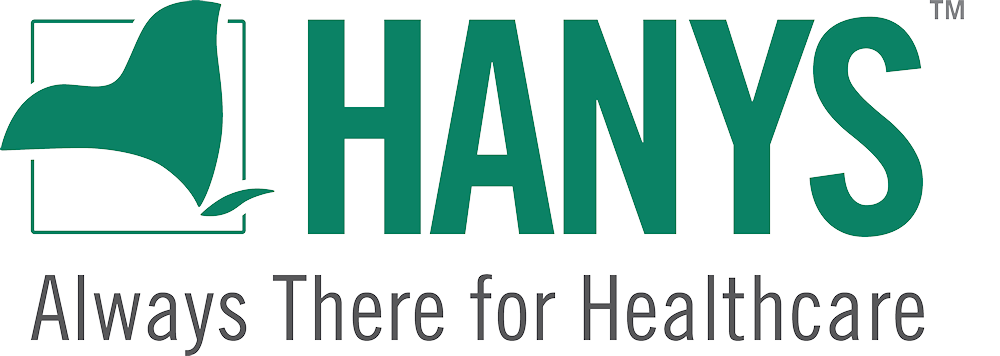
UVM Health Network–CVPH delivers safe and effective COVID-19 treatment
COVID-19 has presented many challenges to healthcare providers but has been particularly challenging in residential and nursing home settings. During outbreaks, increases in COVID-19 cases can tax already burdened hospital emergency department staff, limiting the ability to provide monoclonal antibody therapy. Recognizing this obstacle, the University of Vermont Health Network–Champlain Valley Physicians Hospital implemented a “hospital without walls” approach to deliver COVID-19 monoclonal antibody infusions to eligible patients in the most efficient and safe manner.
CVPH staff immediately began to deliver bamlanivimab and casirivimab/imdevimab infusions to eligible patients in nursing home settings following guidance from their infectious disease and pharmacy staff and the FDA’s Emergency Use Authorization. As staff tested their process, they found collaboration with the nursing home’s assistant medical director for evaluation and creating a prioritized patient list for infusion were key. A Plan-Do-Study-Act approach was used to rapidly evaluate and revise processes.
Process and procedure documents were created, including a protocol outline, paper order set, standardized flowsheet, patient consent form, procedure checklist for out-of-hospital administration and a staff education sheet outlining key points of monoclonal antibody therapy. Staff performed a retrospective record review of each infusion patient to ensure that FDA EUA requirements were met. Any gaps were noted and addressed.
Of patients who received COVID-19 monoclonal antibody infusion therapy, 52.3% were able to receive it outside of hospital walls in their residence. Additionally, 95.3% of patients who received COVID-19 monoclonal antibody infusion therapy did not require admission to the hospital with COVID-19-related issues within 30 days of administration.
For more information, contact Colleen Bell, RN, BSN, CCRN, SCRN, clinical quality manager, at cbell@cvph.org or 518.314.3315.